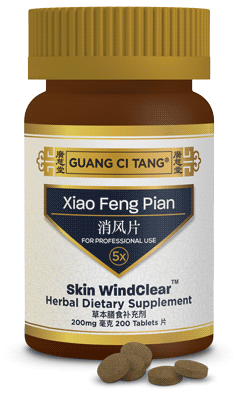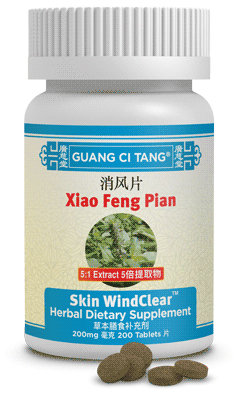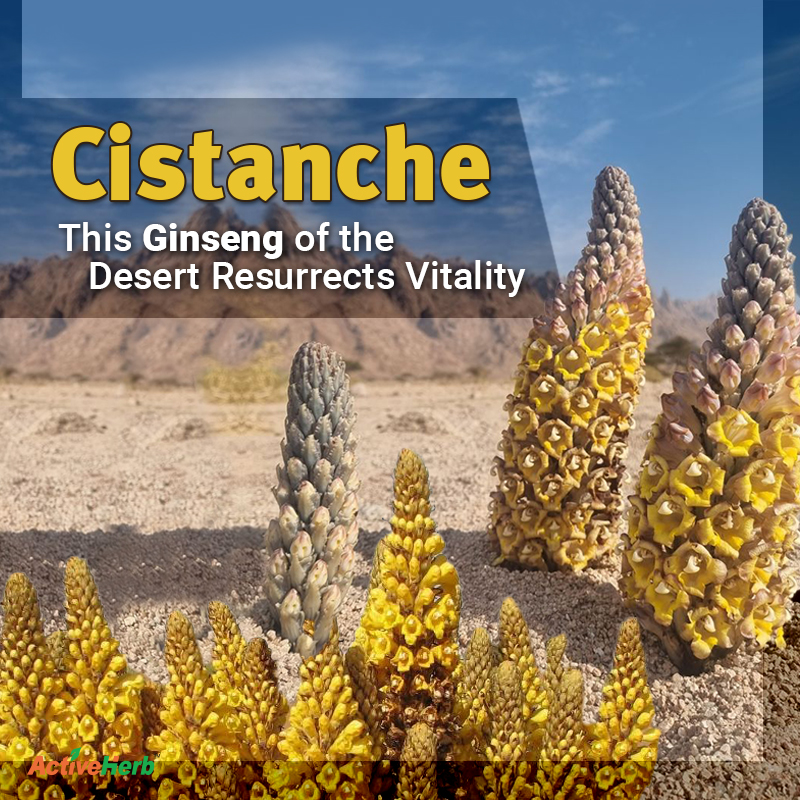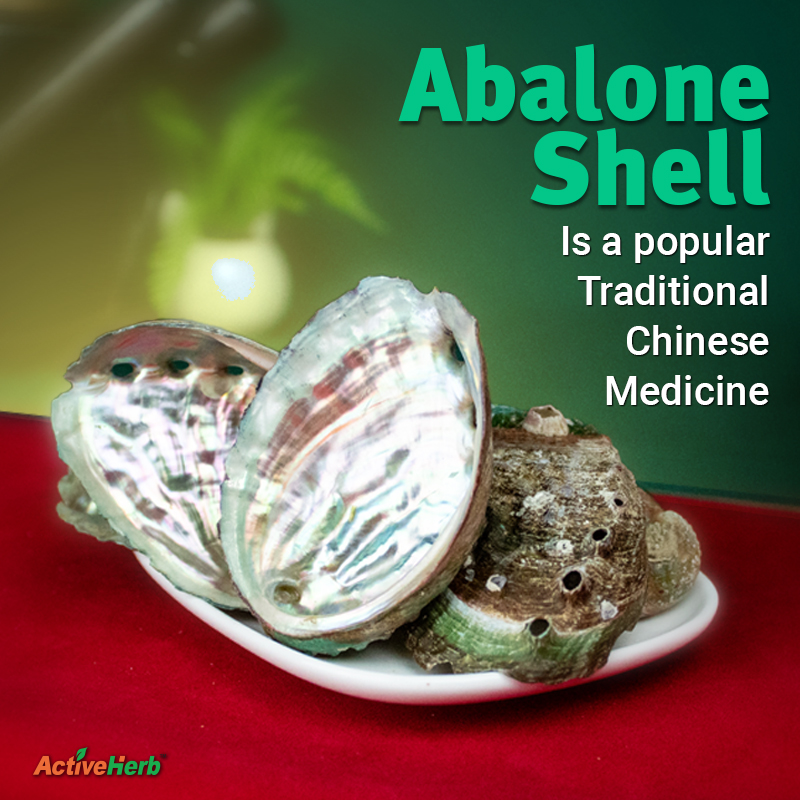How TCM Conquers Dry Skin In Winter

Do you look more like a reptile than a human in winter? The bone-dry air, coupled with freezing temps can turn anyone’s epidermis cracked, scaly and rough. Not to mention itchy, flaky and even painful to the touch.
The proverbial band-aid approach to taking care of dry-winter skin is to moisturize. But creams, lotions and oils only work skin-deep.
Not to say that moisturizers don’t have their place for dry winter skin. But TCM, in comparison, resolves dry skin from the inside-out.
Nutrients For Dry Skin
Is it possible to have the radiant, glowing skin of summertime all year round, even in the middle of winter—without spending a fortune on even more anti-aging creams, lotions and potions? Can TCM herbs really negate the desiccating effects of indoor heating systems, low humidity and Arctic-effect windstorms?
That’s a tall order to ask. Of course, everybody is different, so it’s impossible to give any skincare methodology a 100% guarantee. But little thought is given to dietary interventions that can hydrate the skin, not topically, but internally. In other words, feeding the skin from the inside-out.
For example, Western nutraceuticals such as fish oil and other sources of omega-3 fatty acids may help hydrate the skin. (Nearly 70% of adults and 95% of children are deficient in omega-3s, according to a study in BMJ Open.)
Most people also don’t drink enough water or consume other healthy sources of skin-benefiting dietary fats such as olive oil and avocado oil.
How TCM Supports The Skin In Winter
From a Traditional Chinese Medicine (TCM) perspective, perfect health—and skin—depends on having sufficient Qi circulating through the body. In addition, just like a flowing river, Blood needs to course through the vessels unobstructed. When Qi and Blood flow is optimal, the states of Yin and Yang energies are in perfect balanced harmony.
Without doubt, TCM recognizes that the external elements can damage the skin. However, if Qi/Blood/Yin/Yang flow and balance is ideal, it’s possible that external factors won’t be able to penetrate the deepest layers of the skin and make you look reptilian.
However, nobody’s perfect. Our skin can use all the help it can get in winter. TCM herbs may support the skin in several ways, including:
- Opening the skin pores to release “toxins”
- Nourishing Yin, the energy responsible for bodily fluid levels
- Supporting the immune system
- Improving Qi flow through the body
What’s The Best TCM Herbs For Dry Skin?
It may sound counterintuitive but one of the best TCM formulas for dry skin also happens to be one of the best for supporting a healthy menstrual cycle. Wen Jing Pian (A Guang Ci Tang brand known in English as “WarmMenses”) helps women overcome Cold-type menstrual symptoms, which can manifest with one or more of the following: dry mouth and lips; dry palms that easily crack; and other areas of the skin that may also be dry and rough.
In addition, the herb, Gou Qi Zi, otherwise known as Goji berries or wolfberry, may help. In TCM, Goji is a legendary anti-aging herb (learn more here). From a TCM perspective, Goji berry positively influences the Liver and Kidney organ systems and benefits the Blood. In addition, Goji berries belong to the TCM category of herbs that nourish Yin energy, which is essential for maintaining well-hydrated skin.
Dermatologists in the west have been praising goji berries for years. This is one reason why goji berries have enjoyed “A-list” superfood status by celebrities and bloggers. The cherry on top of the goji berries is that it may also help relieve dry eyes in winter.
For more serious skin conditions caused by external Wind (one of the 6 pernicious evils of TCM), consider the TCM formula, Xiao Feng Pian, sold under the Guang Ci Tang brand name, Skin WindClear.
Featuring 11 herbs, including Chinese Angelica root, Skin WindClear may offer relief from itchy skin, rashes and redness. Learn more.
TCM Patterns That Cause Dry Skin
In TCM, dry skin can be caused because of a few different disease patterns:
Body Fluid Deficiency
The first pattern is a body fluid deficiency. With this pattern, the tongue appears cracked, much like a river bed that hasn’t seen a drop of rain in years. With the pattern of body fluid deficiency, not only will the skin be dry, so will the throat, which often leads to a dry cough.
Blood Deficiency
Although Blood is considered a bodily fluid, bodily fluid deficiency doesn’t necessarily apply to Blood. This is because Blood is so vital that if there is a deficiency of it, it deserves a disease pattern of its own. Blood deficiency can refer to a general lack of Blood in the body, or to a specific organ.
An obvious cause of Blood Deficiency is an acute injury which causes a lack of blood. However, it can also be caused by insufficient Blood in the Spleen channel. (The Spleen of TCM produces Blood.) In addition, Blood Stagnation prevents new, healthy blood from forming. Regardless of the cause of Blood Deficiency, it may cause dry skin.
Liver Blood Deficiency is sometimes considered its own disease pattern. This is due to the fact that Liver is the storagehouse of Blood. In addition to potentially causing dry skin, Liver Blood Deficiency may present with dry eyes, as the Liver meridian opens to the eyes.
With both Blood Deficiency and Liver Blood Deficiency, the tongue appears pale.
Liver Yin Deficiency
Finally, if you are a type-A person who is overworked and has Liver Blood Deficiency, it can lead to a deficiency of cooling Yin energy in the Liver channel. Having too much “fire” in the Liver can also produce dry skin. One manifestation of Liver Yin Deficiency is a tongue with bright red spots on the side of the tongue.
It’s best not to self-diagnose TCM patterns. To achieve Yin-Yang harmony, visit a licensed acupuncturist.
Do you use TCM for dry skin? Leave a comment.







